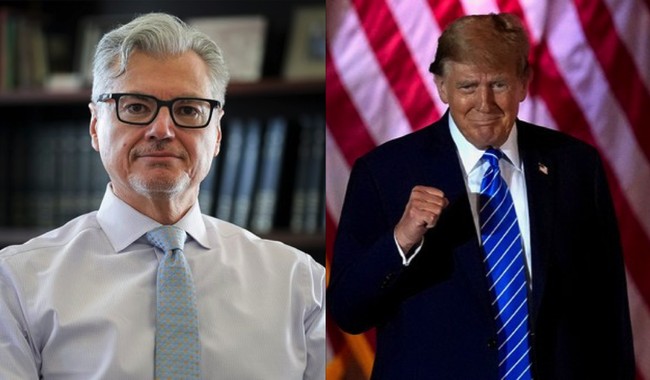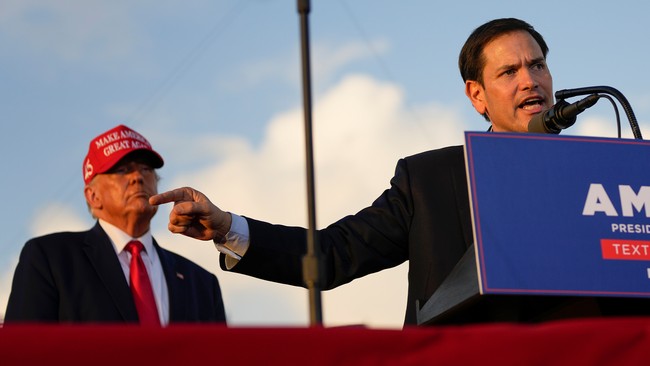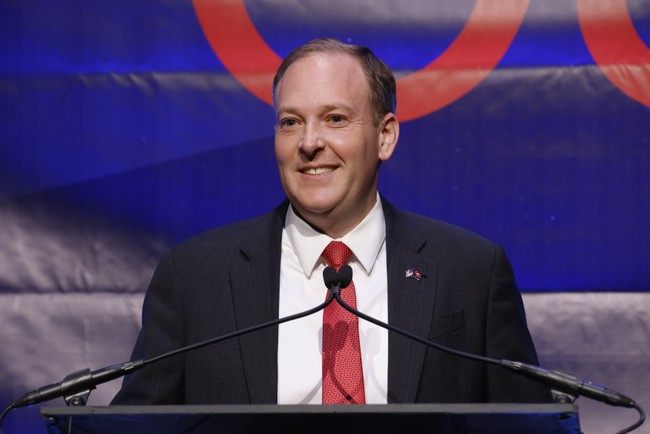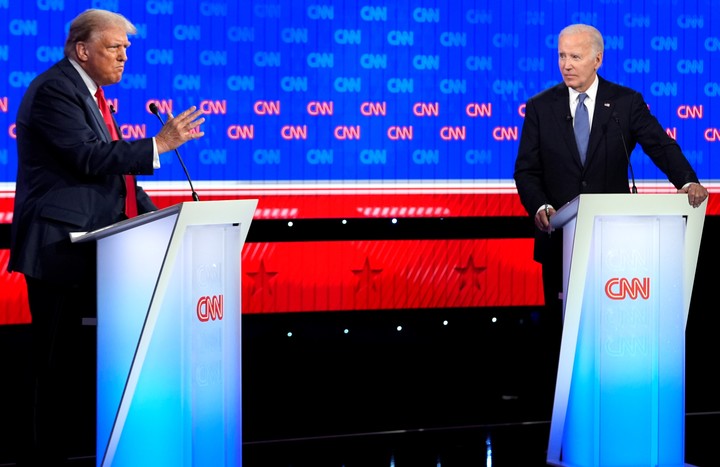Will Fed Rate Cuts Revitalize Global Markets?
With the Federal Reserve's decision to cut interest rates, global markets face potential ripple effects. How will economies like Argentina and Japan respond in this shifting landscape?
Published November 08, 2024 - 00:11am

Image recovered from investorplace.com
The recent decision by the Federal Reserve to cut interest rates by 0.25% has stirred substantial discussion across global financial landscapes. This move, marking the second consecutive rate cut, reflects a response to varied economic indicators including moderated inflation levels and a slightly relaxed labor market in the United States. The Fed's actions aim to stimulate domestic economic growth amidst mixed signals from payroll and inflation reports.
The cut, seen as a necessary step amidst reports of modest inflation and a less robust job market, shows how intertwined U.S. monetary policy is with broader economic landscapes. Notably, the October payroll report revealed only 12,000 new jobs, far below expectations, placing added pressure on the Federal Reserve to intervene.
Globally, the Fed's rate decision resonates beyond American markets. Emerging economies, such as Argentina, face potential impacts as the shift could make U.S. credit cheaper. For Argentina, the reduced costs could aid in debt renegotiation efforts and enhance corporate access to investment capital. The influx of capital from investors seeking higher yield opportunities in emerging markets could also invigorate local economies, fostering growth and investment opportunities.
However, Argentina's macroeconomic backdrop poses its own set of challenges. While cheaper finance is beneficial, any perceived U.S. economic weakness could deter investors seeking more secure investments. Thus, the full benefit of the Fed's decision remains contingent on broader global economic stability and Argentina's internal economic strategies.
Simultaneously, the impact on Japan illustrates another dimension of global reactions. As news of the rate cut coincided with political developments, such as Donald Trump's election into office, the yen experienced depreciation against a resurging U.S. dollar. Japan's Chief Currency Official expressed concern over these abrupt currency fluctuations, highlighting the need for vigilant market monitoring. Speculations mounted around a potential change in Japan's monetary policies as part of broader regional dynamics.
This exchange rate volatility is partly attributed to predictions of Trump's fiscal policies, perceived to potentially inflate U.S. inflation rates and drive a need for interest rates to remain higher than anticipated. Consequently, these developments have not only pressured Japanese authorities but also spotlighted the complex interplay between political events and financial markets.
In a broader context, questions about the Fed's influence over long-term market rates continue. Despite their central intervention through tactics such as bond purchasing, market skepticism about the Fed's sustained control has surfaced amidst rising treasury yields. Reinforcing investor confidence through strategic communications remains imperative, as underscored by financial experts noting potential risks if market trust in the Fed's navigational capabilities wanes.
In conclusion, the Federal Reserve's rate cut encapsulates a multifaceted economic strategy aimed at aligning inflation and employment targets. Its ripple effects underscore the intricate balance of global financial engines, reflecting both immediate market responses and longer-term strategic positioning across nations. As global economies digest these shifts, the interplay between emerging market opportunities and developed world policy adjustments remains pivotal in shaping the financial landscapes of tomorrow.







